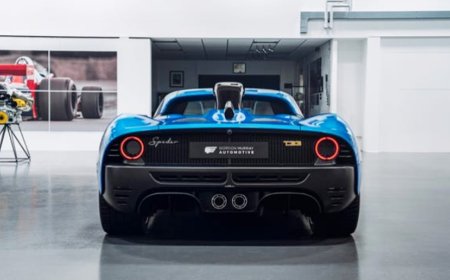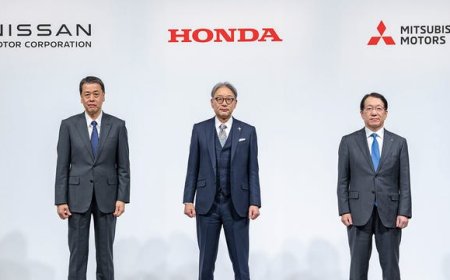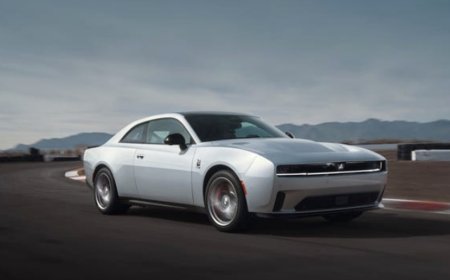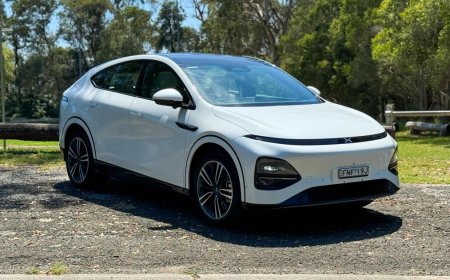Ford secures $9.63 billion federal loan for U.S. battery plants
The record-setting loan will help build three factories and boost U.S. EV production.
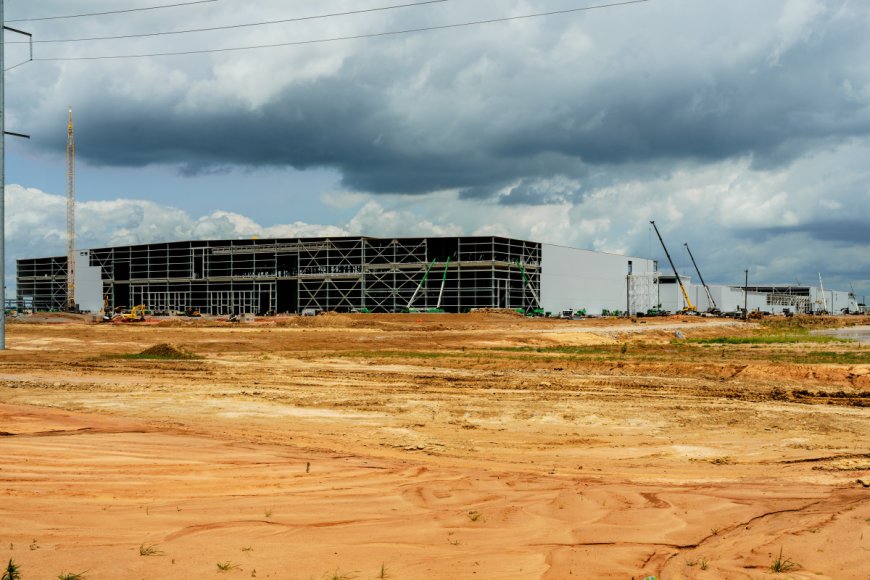
In a landmark move, the U.S. Department of Energy (DOE) finalized a $9.63 billion loan to BlueOval SK, a joint venture between Ford Motor Company and South Korean battery maker SK On. The loan, announced on Monday, will fund the construction of three massive EV battery plants in Kentucky and Tennessee, bolstering domestic electric vehicle (EV) production as the industry accelerates its transition away from fossil fuels.
This federal loan is the largest ever granted through the Advanced Technology Vehicles Manufacturing (ATVM) program and represents a critical step in the Biden administration's efforts to cement the U.S. as a leader in EV technology and production before the incoming Trump administration takes the helm.
Related: Honda Prelude is back after 24 years, but there’s a catch
Building a domestic EV ecosystem is not a cheap affair
The BlueOval SK project aims to deliver more than 120-gigawatt hours of annual battery production capacity across its three planned facilities, each of which spans four million square feet.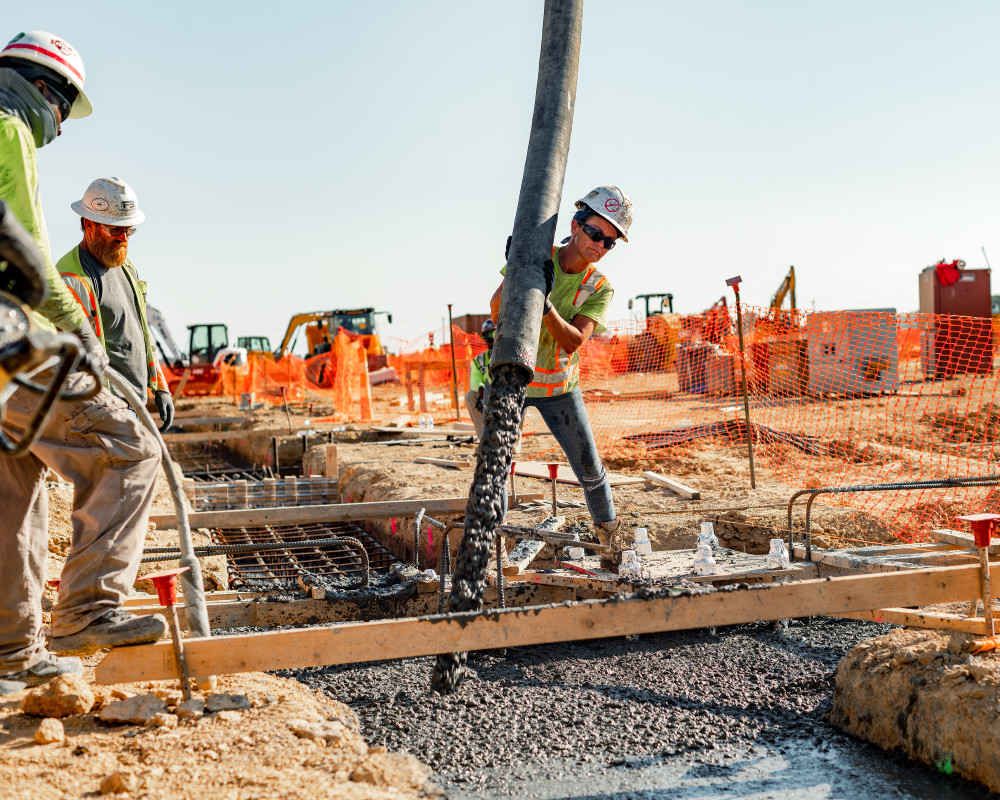
Ford and SK On have already invested over $11 billion in the project, with production at the first plant in Kentucky slated to begin in 2025. The Tennessee facility is expected to come online later that year.
"This program is essential to getting people to choose the United States of America," said Jigar Shah, head of the DOE Loan Programs office, in an interview with Reuters. "When you look at the competition that we have from China, it is very clear to me that they have used low-cost debt for a very long time to promote a lot of manufacturing capacity that has hollowed out many communities in Kentucky, Tennessee, and other states around the country."
Related: I drove an EV for the first time
The effort to rapidly expand federal support for EVs
The Biden administration has doubled down on efforts to fund domestic EV initiatives ahead of President-elect Donald Trump’s transition into office next month. Trump's campaign has been critical of federal incentives for EV production, heightening the urgency for projects like BlueOval SK to secure financing before potential policy changes.
This historic loan follows other significant federal investments in the EV sector. Earlier this month, the DOE announced a $7.54 billion conditional loan for a Stellantis and Samsung SDI battery venture in Indiana. Additionally, Rivian recently secured a $6.6 billion loan to reignite plans for a delayed manufacturing facility in Georgia.
Related: The most—and least—reliable car brands on the road today
Ford's role in leading the charge
For Ford, the BlueOval SK partnership is key to maintaining its leadership position in the rapidly growing EV market. The automaker has seen strong demand for its electric lineup, particularly its Mustang Mach-E. By securing a reliable domestic battery supply chain, Ford aims to scale production while reducing reliance on foreign-made components.
Expanded domestic production for EV components will hopefully help to reduce the cost of electric vehicles, which currently cost significantly more than their gas-powered counterparts.
Related: Is a bespoke, classic Land Rover 110 worth $265,000?
Rivian and the broader EV Push
BlueOval SK’s milestone comes as other EV manufacturers secure federal backing for their ambitious projects. Rivian, a California-based startup, is using its $6.6 billion DOE loan to restart a previously stalled EV manufacturing facility in Georgia.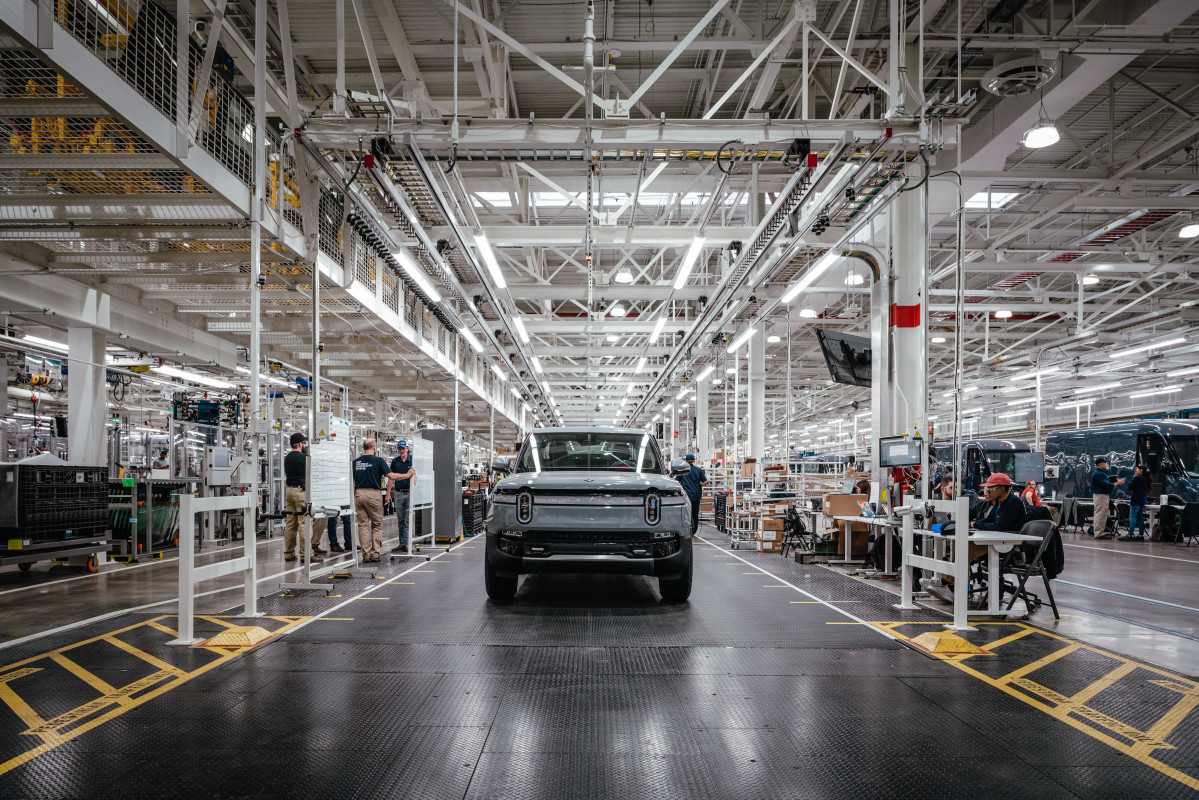
The Rivian plant, located near Social Circle, Georgia, is expected to begin production in 2028 and will focus on the company’s upcoming R2 and R3 models. Designed to appeal to mass-market consumers, these midsize SUVs aim to offer more affordable pricing than the models currently available from Rivian.
“This loan will help create thousands of new American jobs and further strengthen U.S. leadership in EV manufacturing and technology,” said Rivian CEO RJ Scaringe. “A robust ecosystem of U.S. companies developing and manufacturing EVs is critical for the U.S. to maintain its long-term leadership in transportation.”
Related: Porsche’s Chinese market struggles deepen
Challenges ahead include growing competition and political pressure
While federal loans are boosting U.S. EV manufacturing, the industry still faces significant hurdles. Competition is intensifying as legacy automakers ramp up their own production efforts, and new entrants flood the market with innovative offerings. Hyundai, for instance, has committed $7.6 billion to an EV and battery facility near Savannah, Georgia, further solidifying the state’s growing role in the EV landscape.
Political uncertainty also looms large. With the Biden administration's tenure ending, the future of federal EV incentives is unclear. Trump has criticized government support for the EV sector and his transition team has made clear its intent to end the $7,500 federal EV rebate, which could weaken demand for EVs. Ford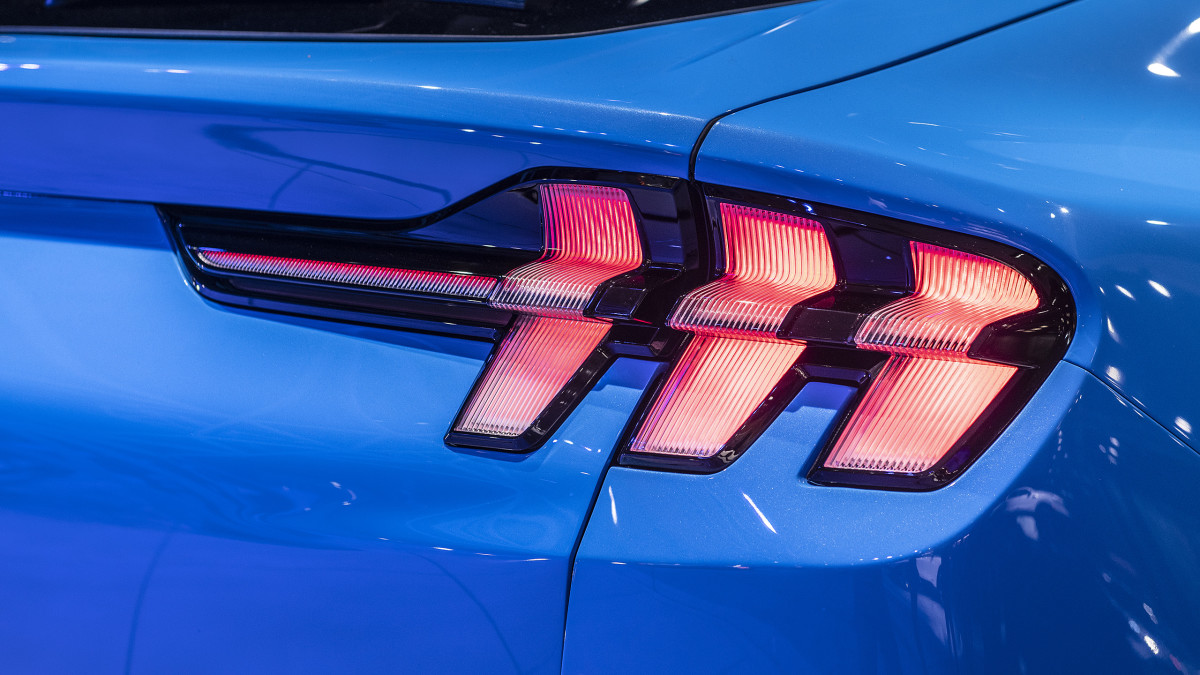
Projects like Ford's have major economic impacts on key states
The BlueOval SK project is poised to have a transformative economic impact on Kentucky and Tennessee. The facilities are expected to create thousands of high-paying jobs and stimulate local economies. State governments have also offered significant incentives to attract these investments, recognizing the long-term benefits of becoming EV production hubs.
Final thoughts
The $9.63 billion loan to BlueOval SK and the broader wave of federal investments highlight the U.S. government’s commitment to building a robust EV ecosystem. By funding projects that support domestic battery production, the DOE aims to reduce reliance on imports, enhance energy security, and position the U.S. as a global leader in clean energy technology.
However, as the EV industry evolves, automakers like Ford, Rivian, and others must navigate a complex landscape of rising competition, shifting consumer preferences, and potential political headwinds. The success, or failure, of these federally backed projects could shape the future of the United States as a serious competitor in global EV production and innovation.
